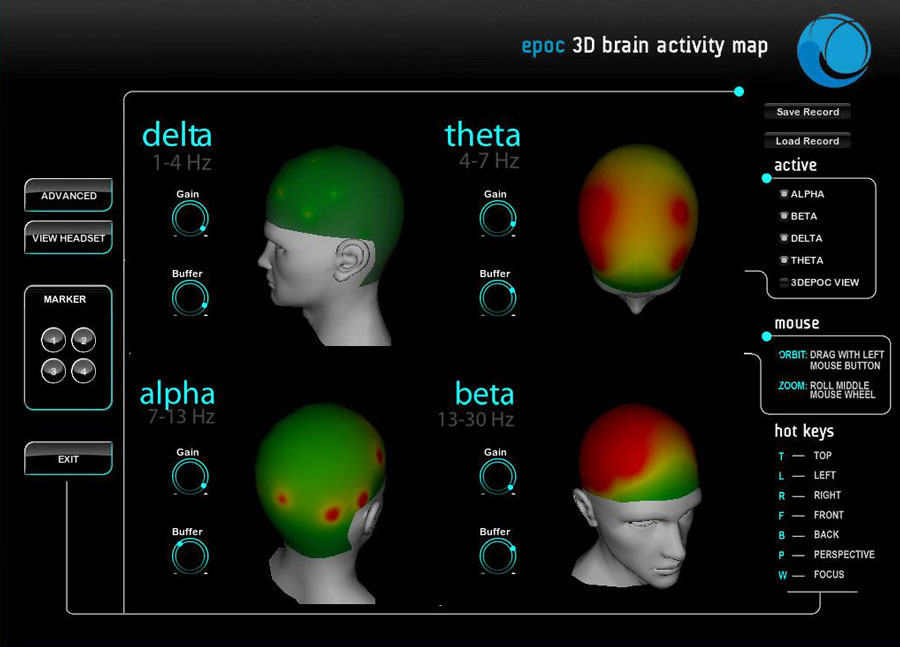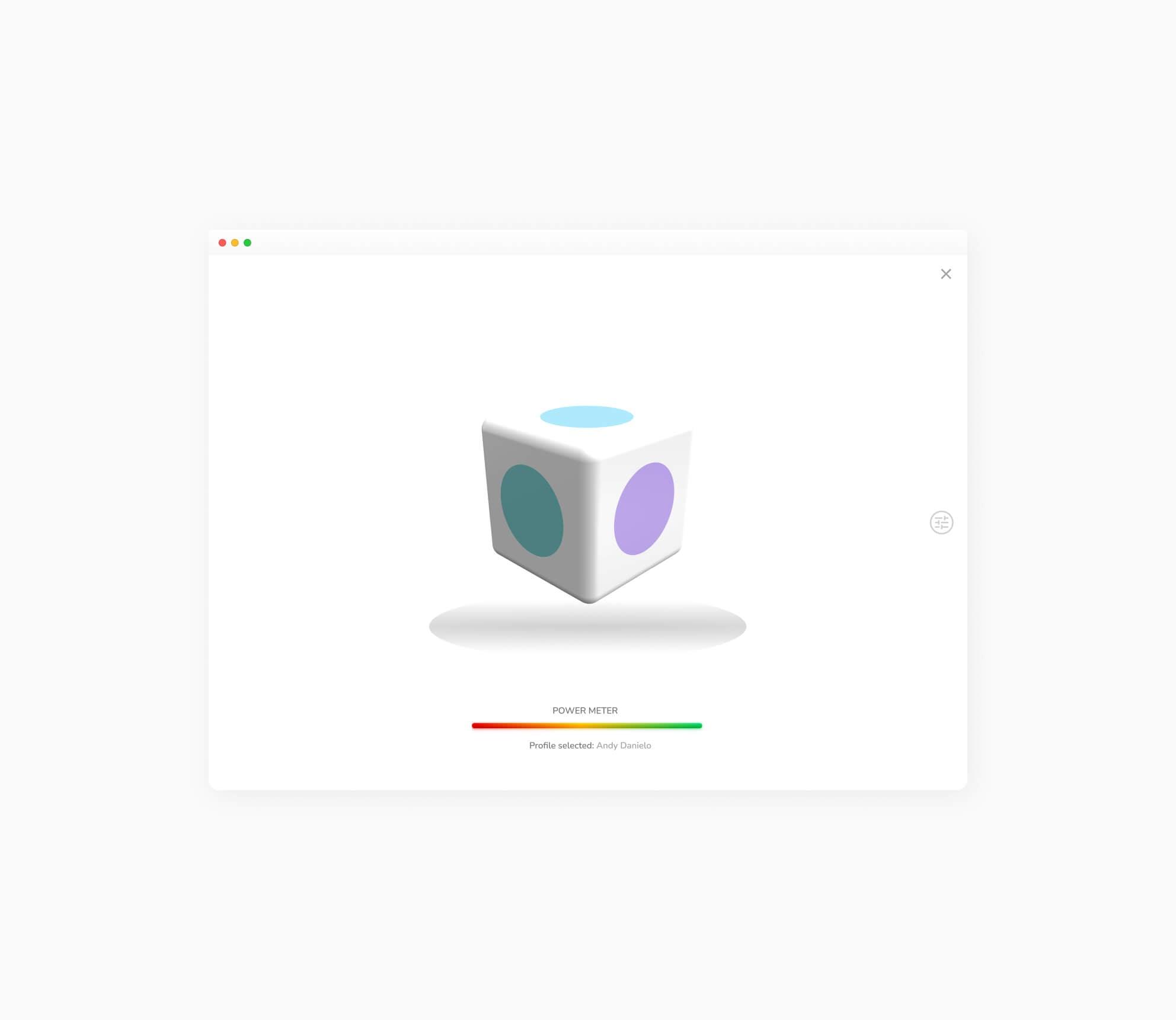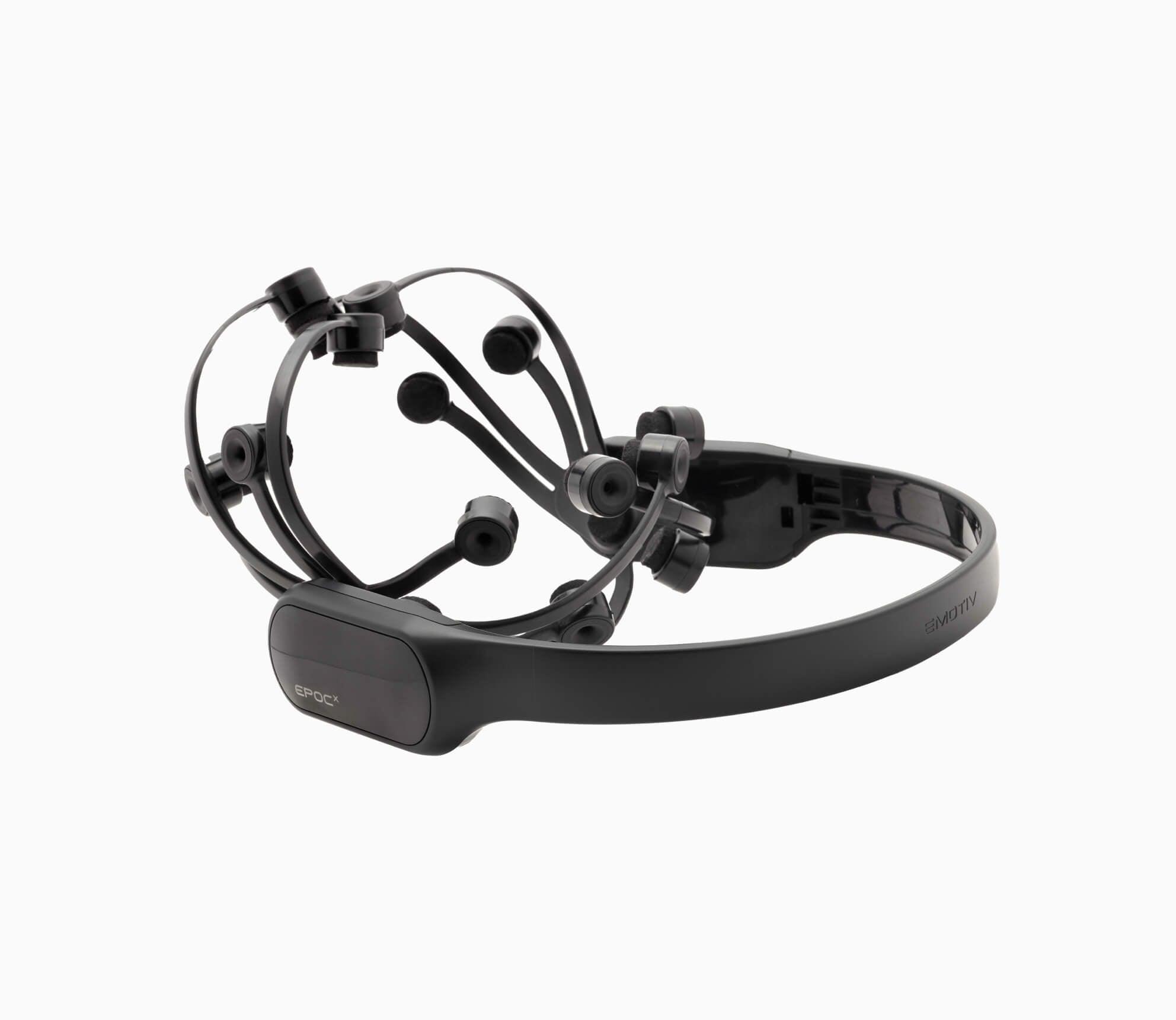Brain Research
Brain research studies the structure and function of human brains and the nervous system. Understanding the biological basis of learning, memory, behavior, perception, and consciousness is considered the “ultimate challenge” of behavioral brain research. It is also the name of a peer-reviewed scientific journal that specializes in neuroscience. The journal has nine subsections, focusing on different specialties within neuroscience. Brain Research’s impact factor, reflecting the number of citations to recent articles published, is estimated to be 3.125.

Brain Research FAQ’s
What is Brain Research?
Brain research studies examine multiple disciplines of biology to understand brain function and that of the nerves and neural circuits. Many neuroscientists study research questions, which span more than one subfield of brain and behavior research.
What Are the Types of Brain Research?
There are, at least, 25 major branches of this type of research. Some branches examine the molecular and cellular basis of the nervous system, neurons, and brain regions. Other branches explore the cultural and behavioral basis for brain activity and learning, such as brain development research. Early brain development research examines how cells transform and migrate to their roles in the nervous system. Research into neurological disorders draws on findings from these other subfields.
How Important is it?
The brain and nervous system participate in important body functions like breathing and producing thoughts, emotions, and behavior. Studying the brain and nervous system advances our understanding of basic biology and body function. This knowledge helps doctors find ways to prevent or treat problems that affect the brain, nervous system, and body, as a whole. There are more than one thousand disorders of the brain and nervous system. These range from neurological dysfunction to cancers to musculoskeletal disorders. Brain research, including brain injury research, studies dysfunctions that affect the nervous system, its function, and development.
How do Researchers Study the Brain?
There are many different brain research techniques for understanding brain activity. They include reviewing the effects of brain damage and the effects of electrical, chemical (and recently magnetic) stimulation of the brain. Researchers also review measures of electrical and chemical activity of the brain. Measuring electrical activity may include recordings from the scalp via electroencephalography (EEG). Recordings from the brain itself are taken by inserting very thin wire or glass tube electrodes. Computer-based brain scans can show the structure or function of the brain through the intact skull.
How has Functional Neuroimaging Advanced Brain Research?
Modern neuroimaging is increasingly used as a brain research technique, especially in the improvement of researchers’ understanding of disorders. Positron Emission Tomography (PET) and functional magnetic resonance imaging (fMRI) are two advanced imaging techniques. They are both used to understand molecular processes in the brain. fMRI is also used to estimate cognitive activities. Magnetoencephalography (MEG) and electroencephalography (EEG) are two other types of functional neuroimaging techniques used to map brain activity. Some neuroimaging researchers combine data from more than one neuroimaging technique to create a more complete analysis of the patient’s brain. Examples include combining MEG and EEG to get one brain map.
Experimental Brain Research
Experimental Brain Research is a peer-reviewed scientific journal. The journal publishes findings from experimental research of the central and peripheral nervous systems. Brain development research is a key focus of articles published in the journal. Other areas include molecular, physiology, behavior, neurochemistry and neurobiology. Experimental Brain Research reviews experimental pathology relevant to general problems of cerebral function as well.
Brain and Behavior Research Foundation
The Brain & Behavior Research Foundation is a nonprofit foundation that funds mental health research. The foundation is the United States’ top non-governmental funder of brain research and mental health research grants. Most research grants explore mental illness and brain disorders, while some investigate multiple disorders.
Brain Computer Interface Research
Brain computer interface research explores the user or patients’ ability to control their brain waves, in order to send commands to a brain computer interface. The computer interfaces with electroencephalogram (EEG) signals. This protocol is useful for patients experiencing paralysis, and for gaming and other futuristic uses.
Brain Research and Education
Current brain research in education combines findings from research-best practices to help teachers understand students’ needs for an ideal learning environment. Neuroimaging and brain-mapping research provide insights, which educators can use to understand brain activity and the learning environment which provides ideal outcomes for students. Several national foundations promote brain-based research in education to assist educators with their understanding of psychology.
Does EMOTIV Offer Solutions for Brain Research?
EMOTIV offers multiple solutions for the imagery, which assists brain research. Brain research techniques through EEG or electroencephalography is cost-effective with EMOTIV’s Brainwear. A research team can access a broad array of data-gathering and imaging equipment on a budget-friendly scale. EMOTIV’s solutions have been proven in studies and clinical literature for neuroscience, workplace wellness and safety, cognitive performance, neuroimaging, and brain-controlled technology applications.
The EMOTIV EPOC X headset provides professional-grade brain data for brain research in academic and commercial use. The EMOTIV Insight headset boasts minimal set-up time and electronics optimized to produce clean signals from anywhere, making it ideal for performance and wellness tracking. The EMOTIV EPOC FLEX cap offers high density coverage and moveable electroencephalogram sensors optimal for research professionals. EmotivPRO is an integrated research software solution for neuroscience research and education, built for EPOC X, EPOC Flex and Insight headsets.




